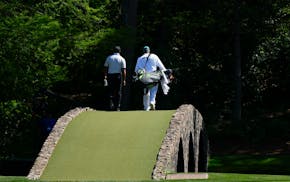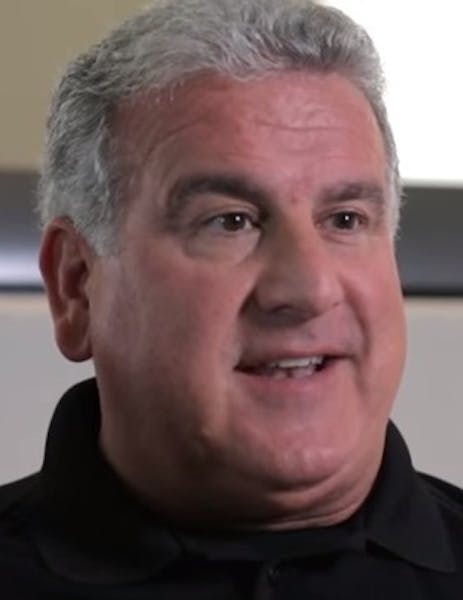There is a reason the National Football League's popularity exceeds the entertainment value of its product.
There is a reason the NFL's market share continues to grow despite public relations nightmares and mounting evidence that the sport damages the brains of its participants.
There is a reason the NFL has suddenly embraced its previously awkward relationship with gambling.
They are all the same reason.
It's called fantasy football. You may have heard of it. If you haven't, you might want to investigate a new product called "the television." Or you may be glad that you don't own one.
This week, I watched the New England Patriots blow out the Miami Dolphins on Thursday Night Football.
Thursday Night Football is a testament to the power of the NFL and its willingness to overreach. Playing the game with only a couple of days of preparation almost guarantees poor performances, often by the road team.
The NFL doesn't care, not in its effort to produce Every Night Football.
The league is headed toward Every Nation Football, too. It plans to place a team in London, and why stop there, when the whole world is a potential customer?
Analysts have been trying to understand the runaway popularity of the league for years. There are plenty of theories.
Football plays its games at a convenient time for fans. Football does not require much time from fans. Football can be appreciated for its complexity or simplicity. It can be viewed as a physical chess match or a colorful spectacle.
It is violent. Americans love their violence, whether in movies or stadia.
I'm not sure any of those factors completely explains the NFL's popularity.
Fantasy football does.
Before Americans began playing fantasy football, the NFL fought for market share with baseball.
Now the NFL has sprinted past baseball like Usain Bolt past a pylon.
The NFL spent the offseason being embarrassed by its commissioner, court dramas and violent acts by its players. The public continues to be educated on the damaging effects of football on the brain. Yet the popularity of the league and of fantasy football only soars, even as ads for fantasy football run so frequently that they damage the enjoyment of watching real football.
Scientists have yet to offer empirical evidence that the popularity of fantasy football fuels the popularity of real football, so let me offer anecdotal evidence.
I was introduced to fantasy football in 1989. Before that, I would watch only games featuring the one or two teams I was interested in. I might watch the Monday night game until halftime, and I would watch the second half only if the game intrigued me.
That was the American brain on football. This is the American brain on fantasy football:
In 1989, I watched every minute of football I could find. Playing fantasy football activated the competitive portion of the brain. I wanted to see how "my" players were doing. I wanted to scout other players. I wanted an edge.
In the early '90s, I stopped playing fantasy football. I was covering the Vikings, and I found it tasteless that some of my colleagues would spend their time on the job trying to unearth information that might help them in a fantasy league. As I stopped playing fantasy football, my interest in games not involving the Vikings waned.
I remained a casual NFL viewer until a few years ago. That's when I began playing fantasy football again for social reasons. My viewership of NFL games increased by about 300 percent. Without fantasy football, I had no interest in the Jacksonville Jaguars or Tennessee Titans. With fantasy football, I had interest in every Jaguar and Titan.
Suddenly, I was staying up late to watch a lopsided game on Sunday night, to see how "my" players or "their" players were faring. Orwell's imagination was not inventive enough to conjure this kind of mind control.
I'd tell you more about the sports equivalent of zebra mussels, but that FanDuel commercial reminds me I have a chance to trade Dez Bryant for Stefon Diggs. Gotta go.
Jim Souhan's podcast can be heard at MalePatternPodcasts.com. On Twitter: @SouhanStrib. • jsouhan@startribune.com

Souhan: Why Tiger Woods should keep swinging
Souhan: Scheffler wins Masters again, shows what makes him special
Morikawa falters in final round at Masters

Keeping up with the Joneses who helped design Augusta National's classic back nine


